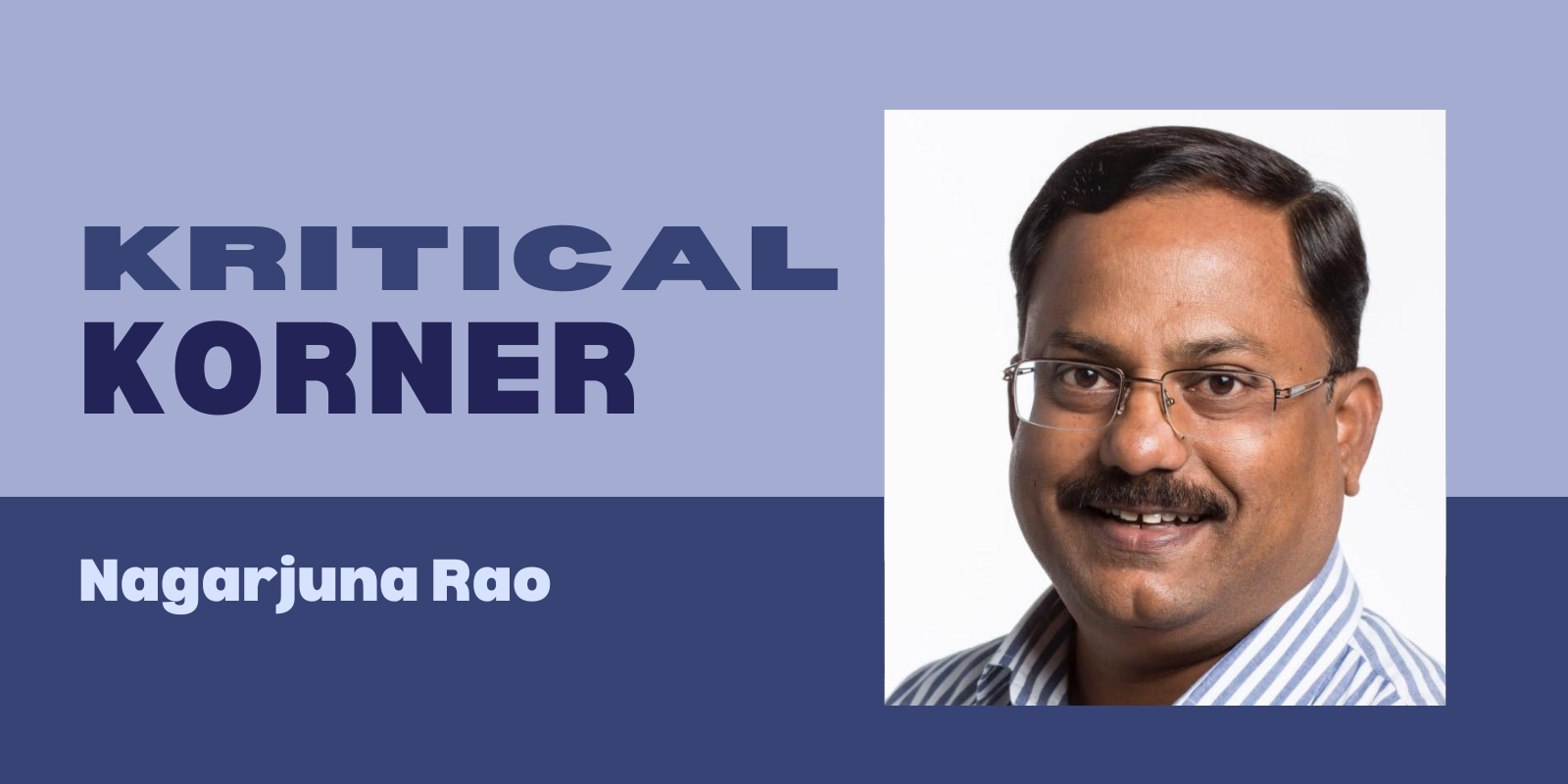The Vipassana International Meditation Centre, Dhamma Khetta, at Vanasthalipuram, Hyderabad, celebrated its Golden Jubilee with a Mega One-Day Course on September 7.
More than 850 meditators, supported by over 100 dhamma sevaks (volunteers), took part in the historic gathering, marking 50 years since the centre opened its doors in 1976.
From a tin shed to an international landmark
Dhamma Khetta began on land donated by philanthropist Ratilal Mehta’s family. In September 1976, Acharya S.N. Goenka, who had returned from Burma after training under his teacher Sayagyi U Ba Khin, conducted the first Vipassana course in India.
That inaugural course had 122 participants, followed immediately by a second. What started in a simple tin shed is today a serene seven-acre campus with a meditation hall and a pagoda, serving thousands of practitioners every year.
An ancient art of living
Vipassana, which means ‘to see things as they really are’, is one of India’s most ancient meditation techniques. Taught by Gautama Buddha more than 2,500 years ago, the practice was preserved in Burma and reintroduced to India by Goenka. The technique is universal and non-sectarian.

Central to every course is the requirement of noble silence, which allows meditators to turn inward without distraction. The training is rigorous – ten hours of meditation each day for ten days – but deeply transformative, equipping practitioners with balance, clarity, and compassion.
A celebration of service and silence
The Golden Jubilee event was marked by group sittings in the Dhamma Halls and Pagoda cells, guided by audio-visual instructions of the late Goenka ji, followed by metta bhavana (loving-kindness meditation).

Volunteers, many of them long-time meditators, managed logistics seamlessly. Food arrangements, with more than 25 items from sweets to savouries, resembled a festive banquet yet carried the quiet dignity of service.
Voices from the community
Kasturi, a participant from LB Nagar, described her journey: ‘I did a ten-day course at Nagarjuna Sagar, followed by a one-day course here. I benefited so much that I inspired a few of my friends, and four of them are attending today.’

For 86-year-old retired engineer Sadanandam Chetty, Dhamma Khetta remains the spiritual home of his Vipassana practice: ‘I tried all sorts of meditations for 19 years. None helped me until I came across Vipassana in 2003. Since then I have done courses across the Telugu states, at Sarnath, Lumbini, and Nagpur. But I like it here, because I started my journey here.’
Relevance of Vipassana
As Dhamma Khetta completes its 50-year journey, it continues to serve as a beacon for Vipassana in India and beyond. From a modest shed on Hyderabad’s outskirts to an international centre, its growth reflects the enduring relevance of Vipassana – an ancient path offering peace, balance, and insight for modern life.

FAQs: What is Vipassana?
Vipassana means ‘to see things as they are’. It is an ancient meditation technique taught by the Buddha over 2,500 years ago. Revived in modern times by S.N. Goenka, who learned from Sayagyi U Ba Khin in Burma, it is taught as a universal, non-sectarian art of living.
What are the requirements during a course?
Observing noble silence (no communication of any kind)
Following the code of sila (morality) by taking the five precepts
Meditating up to 10 hours daily with discipline
Abstaining from reading, writing, phones, or external distractions
What are the three pillars of Vipassana practice?
Sila – morality or ethical conduct
Samadhi – concentration of mind through breath awareness
Pragya/Panya – wisdom or insight, developed by observing sensations with equanimity
How long is a course?
The standard course is ten days, residential, and intensive. Longer courses of 20, 30, and 45 days are available for experienced meditators.
Who can attend?
Anyone over 18 years of age, irrespective of religion, nationality, or background. Courses are free of charge; all expenses are met through voluntary donations from past students.
How do you apply for a course?
Interested participants can register online through the official Vipassana website www.dhamma.org, which lists centres and schedules worldwide.




